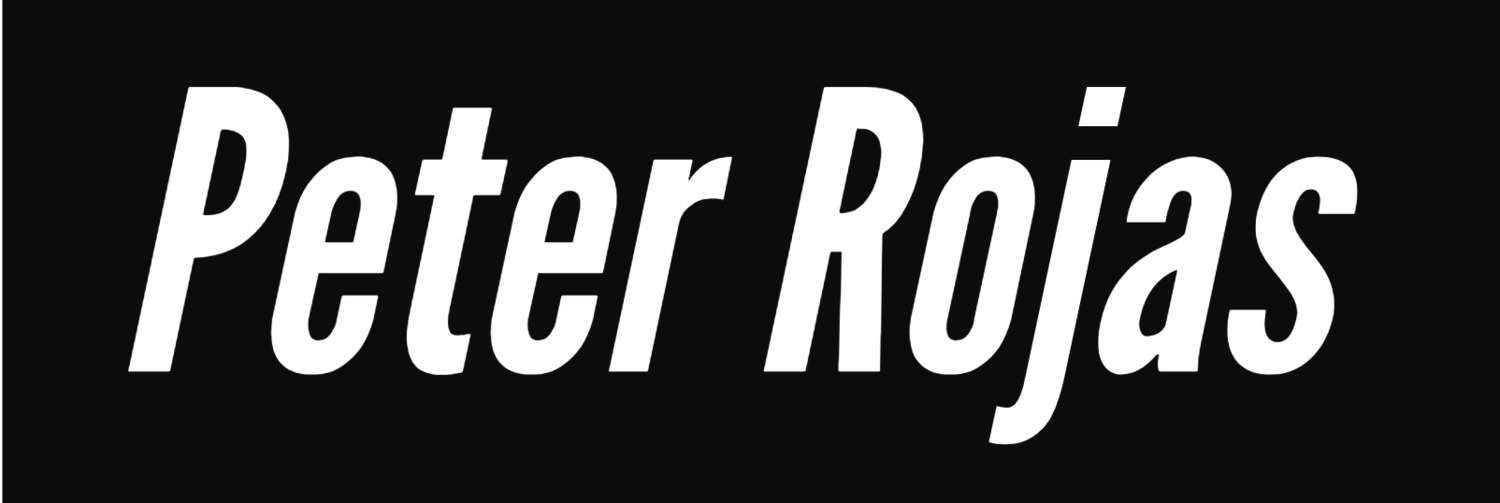The first time I ever met John Borthwick was at an event where we about to speak together on stage. About an hour later we were nearly booed off that stage.
It was November of 2003 and back then he was working at Time Warner, which had recently stopped calling itself "AOL Time Warner." I was the editor of a new-ish gadget blog called Gizmodo. I'd been asked to speak at Time Warner's annual executive retreat about "convergence," which at the time was a very hot buzzword that had something to do with the shift from analog to digital media. Given my area of expertise they wanted someone to come in and discuss how all these crazy new devices like iPods, smartphones (the Treo 600 had just hit), and connected media players were going to change the media landscape.
I wasn't their first choice for this. Maybe not even their second or third. Whoever had been slated to give this talk had canceled at the last minute, and they were looking for a replacement. Supposedly, the speaker had been Steve Jobs. This was probably right at the tail end of that window when anyone could get him to speak at an event like this (remember he was trying to get big media companies to support the iTunes Store, which had launched earlier that year). Regardless of who it was, Upendra Shardanand, who was at Time Warner then, and I were acquainted, and he thought I'd make a good backup speaker and so reached out and asked me if I'd do it. There wasn't much time to get something together, but after a bit of back and forth with the team there we decided that the format would be me on stage with a high-level exec interviewing me as I went through demos of various new technologies, including how to watch video on a smartphone, record TV on a Media Center PC, stream video from a PC to your TV over WiFi, etc. It's all stuff that we don't even think about now because it's so commonplace, but at the time was about as niche you could get. The exec who'd be on stage chatting with me? That was John Borthwick.
I spent the next few days gathering up all the gear I needed for the demos and prepping so I could run through everything without a hitch. I remember being a little stressed out trying to find an HP Media Center PC in stock at my local BestBuy, but eventually I was able to buy one. I spent the evening before prepping all of my gear and getting the demos ready. The next morning I headed over to the venue and got ready for my big entrance, which the organizers decided would consist of me riding in on a Segway and then dropping it off and bounding onto the stage to tell people about the future!
Up on stage John guided me through the different parts of the presentation, asking me questions and moving us along from demo to demo. Everything was going smoothly until I got to the part where I wanted to show how easy it was to download video off the internet and stream it from the hard drive to your PC to your TV via a WiFi-enabled DVD player that Gateway used to sell that supported DivX files. I'd torrented an episode of Curb Your Enthusiasm for the demo, forgetting that the show aired on HBO, which was owned by Time Warner. We were about three seconds in before the HBO and Time Warner execs started booing and hissing. Keep in mind that this was just a couple of years after Napster had upended the music industry and presumably the collected assembly of high-powered media execs wanted to get some insight into what was coming next for video on the internet and how they might avoid that same fate, not a primer on how to pirate their IP.
Flummoxed, I blurted out the first thing that came to mind, which was, "Look, I don't even have cable, I don't really need Time Warner at all to watch this show," which as you can imagine, did not do anything to win the audience over to my side. John managed to calm things down a bit and move us along to the last bit of the presentation before I sheepishly exited the stage. I hadn't had a ton of public speaking experience at that point, and none of it involved being booed at, so it was a little rough. I'm not sure I slept much that night.
A few days later I received a very nice note in the mail from Dick Parsons, who was CEO of Time Warner at the time, thanking me for my talk and saying that even though it wasn't pleasant, it was important for them to hear what I'd had to say.
I didn't speak to John afterward -- I was way too embarrassed -- but somehow everything worked out. Two years later, in 2005, AOL (which was by now a subsidiary of Time Warner) bought the company I'd started a few months after all this happened. By 2008 I'd reconnected with John courtesy of mutual friend Om Malik, and a year later his startup studio, betaworks, invested in another startup of mine (AOL also ended up buying that company, oddly enough). Two years ago, as I was preparing to leave AOL for the second time, John asked me to join betaworks and help raise a new seed fund. Now, fourteen years after being booed on stage together, John and I (along with Matt Hartman) are partners in the new betaworks ventures seed fund.
